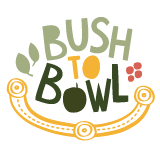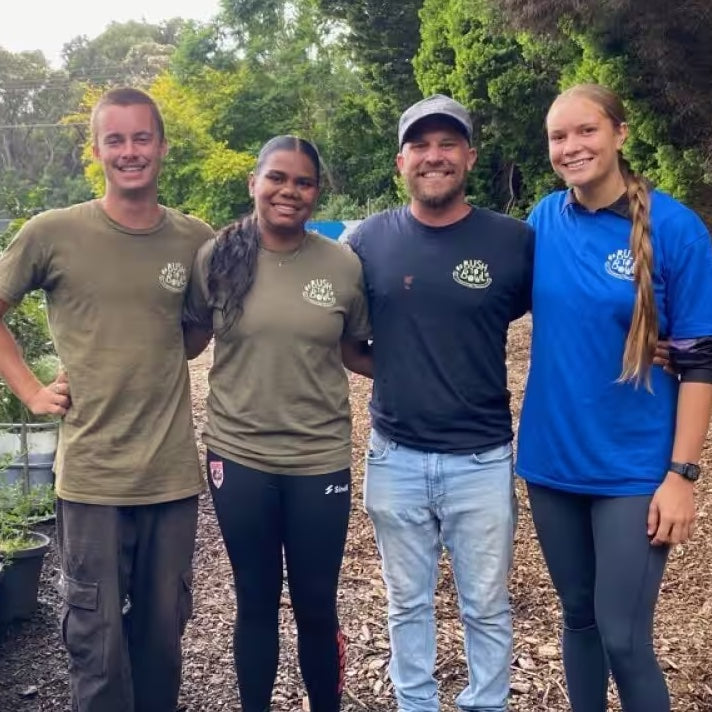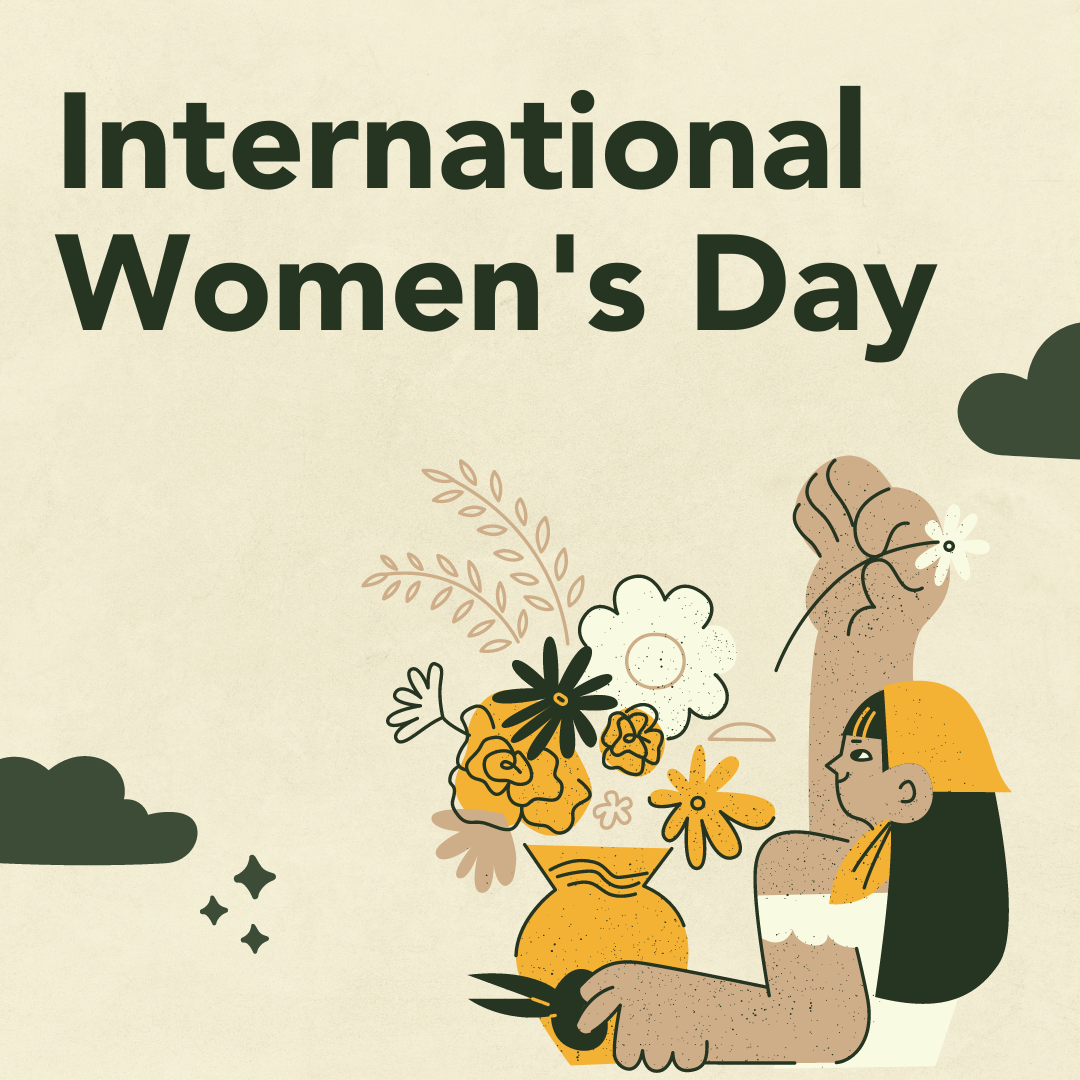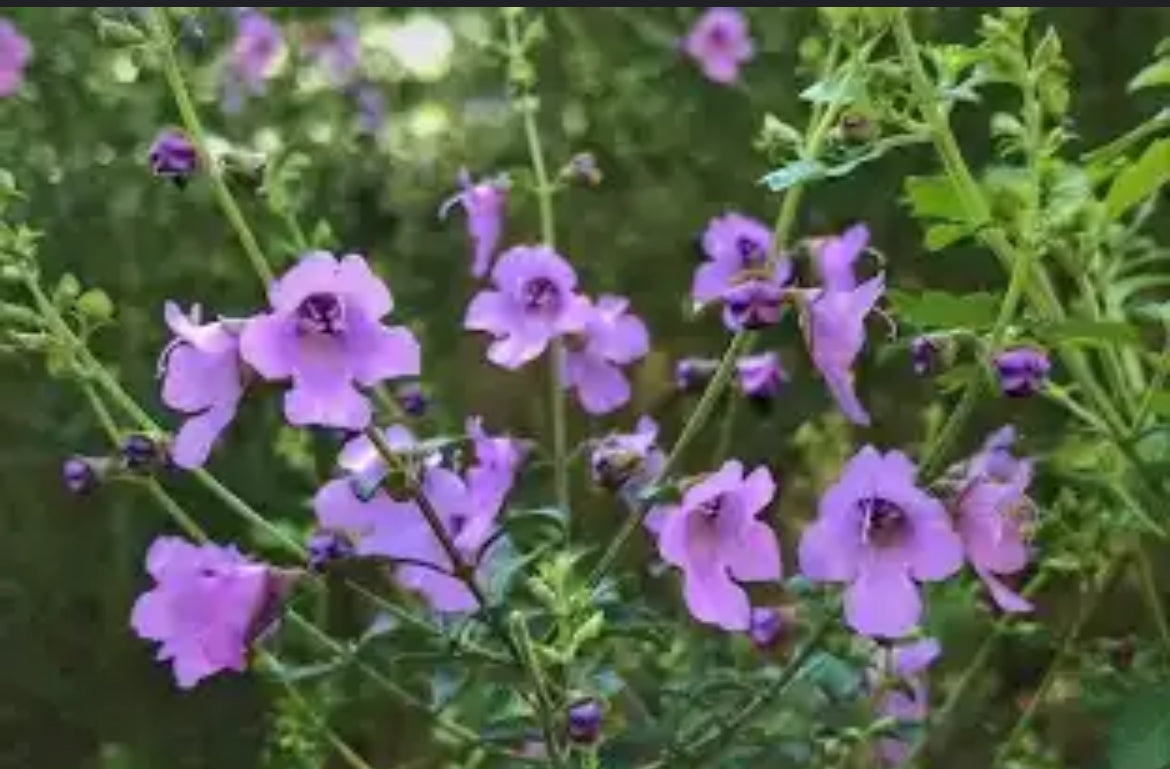Article by Bronte Charles from NITV/SBS.
There's no denying that Blackfellas love a good feed. But have you ever considered the role that food can play in self-determination?
We've seen traditional foods like warrigal greens, finger limes, lemon myrtle, and pepperberry (to name a few) pop up in fancy restaurants. So, is there a way for mob to determine how traditional foods are used and who is able to profit?
Adam Byrne, a Garigal/Gadigal man and co-owner of Bush to Bowl, thinks he may have found a way.
Bush to Bowl is a 100% First Nations social enterprise that aims to connect mob back to Country and traditional foodways. The organization also aims to develop the economic position of the community when it comes to their foods.
What is food sovereignty?
Food sovereignty is an interesting concept that can be described as the right to have access to and produce sustainable, cultural, and nutritional food systems. Food sovereignty also describes the right to taking ownership and control over one's health.
Food sovereignty has been argued to restore and preserve Aboriginal and Torres Strait Islander food systems and traditional knowledge about nutrition. For Adam, food sovereignty is all about survival and reclamation.
"Food and medicines [have been] at the core of our culture and our survival for over 65,000 years. It's about reclaiming culture, which was taken away," he told NITV. Adam says that food sovereignty can be a means to preserve culture and traditions.
"I think food sovereignty means connection. I think it means us coming together and being closer to our culture," he said.
Can native foods become intellectual property?
It's started to become a trend for restaurants to incorporate native ingredients into their dishes and serve them up with a hefty price tag. This feeds into a broader colonial idea that food is a commodity.
It's raised questions around the exploitation of Aboriginal and Torres Strait Islander knowledge and cultural practices when it comes to food. In fact, less than two percent of native foods come from Aboriginal and Torres Strait Islander peoples or businesses.
Adam and the team at Bush to Bowl are part of that two percent. He said more representation in the industry could allow Aboriginal and Torres Strait Islander peoples to have more control over what is done with their native foods.
"We have to take control of our food sovereignty because that helps with self-determination. Having more of a hold of the industry creates more opportunities for our mob to get on Country and connect to their foods," he said.
Adam says that far too many traditional foods are being exploited by large corporations, without any benefit going to Indigenous people.
Revamping laws around 'intellectual property' has been named as one solution when it comes to taking ownership of traditional foods.
Adam says there is already one famous example. "We need to do something similar to what Kakadu plum has done, where they've taken the intellectual property of the fruit. They've taken ownership and then they determine what happens with it," he said.
Food security and a "blak economy"
High levels of food insecurity disproportionately affect Aboriginal and Torres Strait Islander communities.
Adam says that food sovereignty is about bringing back traditional food systems that can address the food-related health disparities between Indigenous and non-Indigenous people.
This is because food sovereignty is about communities being able to have control over their own agricultural systems and food production. It's about sharing food with the community, not taking more than what you need, being sustainable, and reciprocity.
"We want to do what the opposite of what the food industry is doing now, which is mass consumption: not growing to seasons, not selling to seasons," he said.
He says that food waste is not part of Aboriginal and Torres Strait Islander culture.
"If there's too much or something, then we share it," he said.
Adopting traditional food systems that were used by our old people can lead to greater food security in our communities.
For example, Adam says that the pre-colonial trading of resources with other mobs could be adopted in present times.
"My dream is for us to have that Songline of trade all through Australia like traditional ways. We're trying to create a Blak economy where we can trade or work together to build each other up. It's been a big journey for us to even find other Blak businesses or Blak growers that we can buy from or support," he told NITV.
He says that going back to these traditional practices can promote the exchange and preservation of cultural knowledge.
"You're creating kinship and a community and you're sharing foods, and not only that, but you're trading. You're creating kinship and a community, and you're sharing foods, and not only that, but you're trading those foods and you're trading knowledge," he said.
How can food sovereignty impact Country?
Adam says that Aboriginal and Torres Strait Islander culture is "one of the most sustainable cultures ever."
Food sovereignty can positively impact the environment because, in principle, food sovereignty champions sustainable food production.
The team at Bush to Bowl is an example of that. They utilize local food supply chains and use biodegradable materials.
"You're only thinking within your community and within your mob so our food doesn't have to travel ... We don't want those food miles. Down to how you made your tools, your bowls, everything was from Country and everything broke back down into Country," Adam told NITV.
Colonisation greatly impacted Australia's landscape ecology. Settlers didn't use Aboriginal land management practices and instead used their own. Additionally, they favoured their European crops over native ones, which over time, poisoned the landscapes' biodiversity.
To Adam, food sovereignty means prioritizing the cultivation of native plants and foods. Food sovereignty champions organic production instead of using fertilizers and chemicals, because native plants thrive in their native environments.
Adam says his ancestors had all of this knowledge and that we must do all we can to preserve it.
"If there's anything that we can learn from our culture and rep our old people, it would be by being sustainable and taking care of Country as much as we can," he said.




